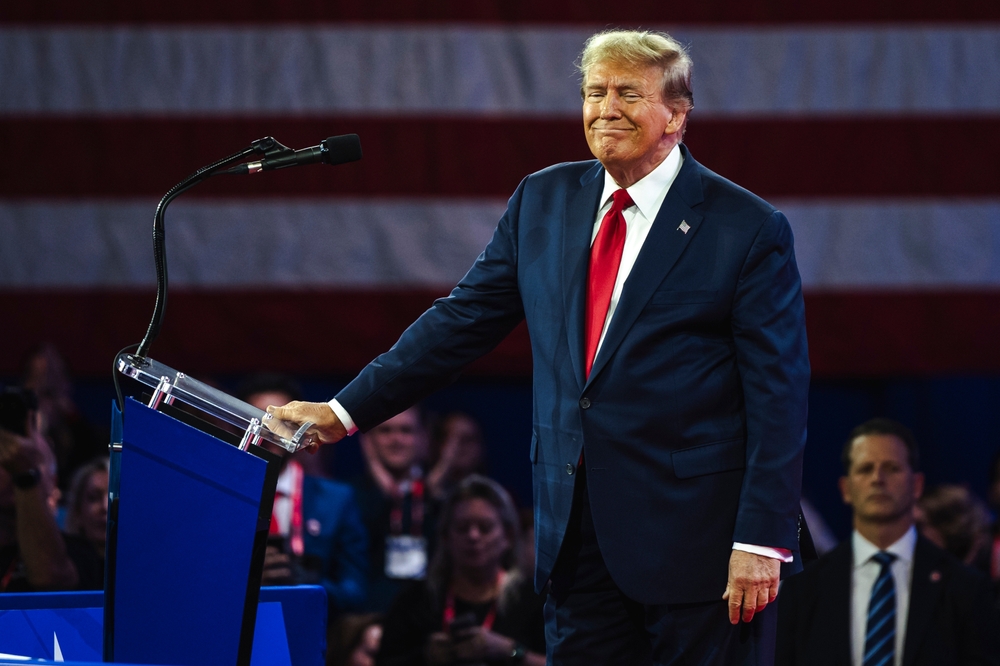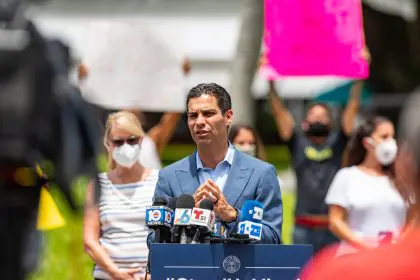President’s proposal to restore Confederate honors sparks fierce opposition from military leaders and lawmakers
President Donald Trump’s declaration to reinstate Confederate names on seven U.S. military installations has unleashed a firestorm of controversy across the nation’s defense establishment. The announcement represents a dramatic departure from recent congressional efforts to modernize military nomenclature and honor diverse American heroes rather than Confederate figures.
The proposal directly challenges the bipartisan 2021 legislation that mandated the removal of Confederate designations from military facilities nationwide. This legislative action emerged from the national reckoning on racial justice that followed widespread protests and civil unrest in 2020, marking a pivotal moment in America’s ongoing struggle with its Confederate legacy.
Historical context of the renaming initiative
The original push to rename military bases gained momentum during the Trump administration’s final year, when nationwide demonstrations against police brutality prompted deeper examination of Confederate symbolism in American institutions. Congress responded with overwhelming bipartisan support for legislation requiring the Defense Department to strip Confederate names from military installations within three years.
The Biden administration subsequently established a comprehensive naming commission tasked with identifying appropriate replacements that would honor individuals who exemplified military values and American ideals. This process resulted in significant changes across the military landscape, with installations like Fort Bragg becoming Fort Liberty and Fort Hood transforming into Fort Cavazos.
The commission’s work represented months of careful deliberation, public input, and historical research. Members evaluated potential honorees based on their contributions to military service, commitment to constitutional principles, and embodiment of values that reflect the modern American military’s diverse composition.
Trump’s rationale and military response
During his announcement at the North Carolina facility formerly known as Fort Bragg, Trump emphasized what he characterized as the historical significance of these installations. His reasoning centered on military tradition and the battlefield successes associated with these bases throughout American military history.
The president’s position reflects his broader approach to historical preservation, which prioritizes maintaining existing traditions over adapting to contemporary values. This perspective has resonated with supporters who view the name changes as unnecessary political correctness that diminishes military heritage.
However, military leadership has expressed significant reservations about the proposed reversals. Defense officials, speaking on condition of anonymity, described the announcement as unexpected and potentially disruptive to ongoing operations and morale initiatives designed to promote inclusivity within the ranks.
The logistical challenges alone present substantial hurdles. Reverting names would require extensive administrative changes affecting everything from official correspondence to facility signage, potentially costing millions of dollars and creating confusion throughout the military bureaucracy.
Congressional and commission opposition
Retired Brigadier General Ty Seidule, who served as vice chair of the original naming commission, has emerged as a vocal critic of Trump’s proposal. His opposition reflects broader concerns among military historians and defense experts who view the move as undermining the careful deliberative process that produced the current names.
The naming commission’s work involved extensive consultation with military families, veterans’ organizations, and historical societies. This comprehensive approach ensured that replacement names honored individuals whose service records aligned with contemporary military values while acknowledging America’s diverse military heritage.
Congressional leaders who supported the original legislation have expressed dismay at Trump‘s announcement. Many emphasize that the 2021 law represented a rare moment of bipartisan consensus on a culturally sensitive issue, reflecting widespread agreement that military installations should honor figures who embody American ideals rather than those who fought against the United States.
The legislation’s supporters argue that maintaining Confederate names sends a troubling message to service members from diverse backgrounds, particularly African American personnel whose ancestors may have been enslaved by the very individuals being honored.
Impact on military culture and morale
The debate over base names extends far beyond mere symbolism, touching on fundamental questions about military culture and identity. For many service members, particularly those from minority communities, the renaming effort represented long-overdue recognition of their contributions to American defense.
Military sociologists have noted that institutional symbols play a crucial role in shaping organizational culture and individual identity within the armed forces. Names and monuments communicate values and priorities, influencing how service members understand their place within the broader military tradition.
The original renaming process specifically sought to highlight previously overlooked heroes, including women and minority service members whose contributions had been marginalized in traditional military narratives. This approach aligned with broader Defense Department initiatives to promote diversity and inclusion throughout the military hierarchy.
Reversing these changes could potentially undermine ongoing efforts to recruit and retain personnel from diverse backgrounds, a critical concern given the military’s ongoing recruitment challenges and the demographic shifts occurring across American society.
Broader implications for American memory
Trump’s proposal reflects deeper tensions about how Americans should remember and interpret their historical legacy. The Confederate naming controversy represents one battleground in ongoing cultural conflicts over memory, identity, and national values.
Supporters of maintaining Confederate names often frame their position in terms of historical preservation and respect for military tradition. They argue that removing these names represents an attempt to erase important chapters of American history, regardless of their controversial nature.
Critics counter that honoring Confederate figures effectively celebrates rebellion against the United States and the cause of preserving slavery. They maintain that military installations should honor individuals who defended rather than attacked American constitutional principles.
This debate mirrors similar controversies occurring across the country regarding Confederate monuments, street names, and other public symbols. These discussions force Americans to grapple with uncomfortable aspects of their national story while determining which figures deserve public veneration.
The resolution of the military base naming controversy will likely influence how similar debates unfold in communities nationwide, potentially setting precedents for how America balances historical preservation with contemporary values.
Looking ahead
As this controversy continues to develop, the ultimate resolution will depend on various political and legal factors. The implementation of any name changes would require congressional action or administrative procedures that could face significant opposition from multiple stakeholders.
The debate highlights the ongoing challenge of building national consensus around shared values and historical interpretation in an increasingly polarized political environment. How America resolves this particular controversy may well determine the trajectory of similar debates for years to come.















